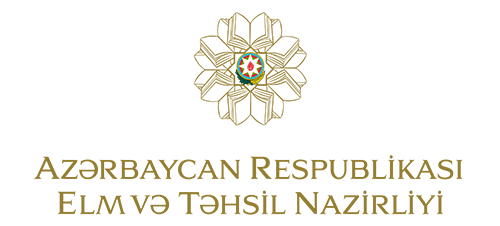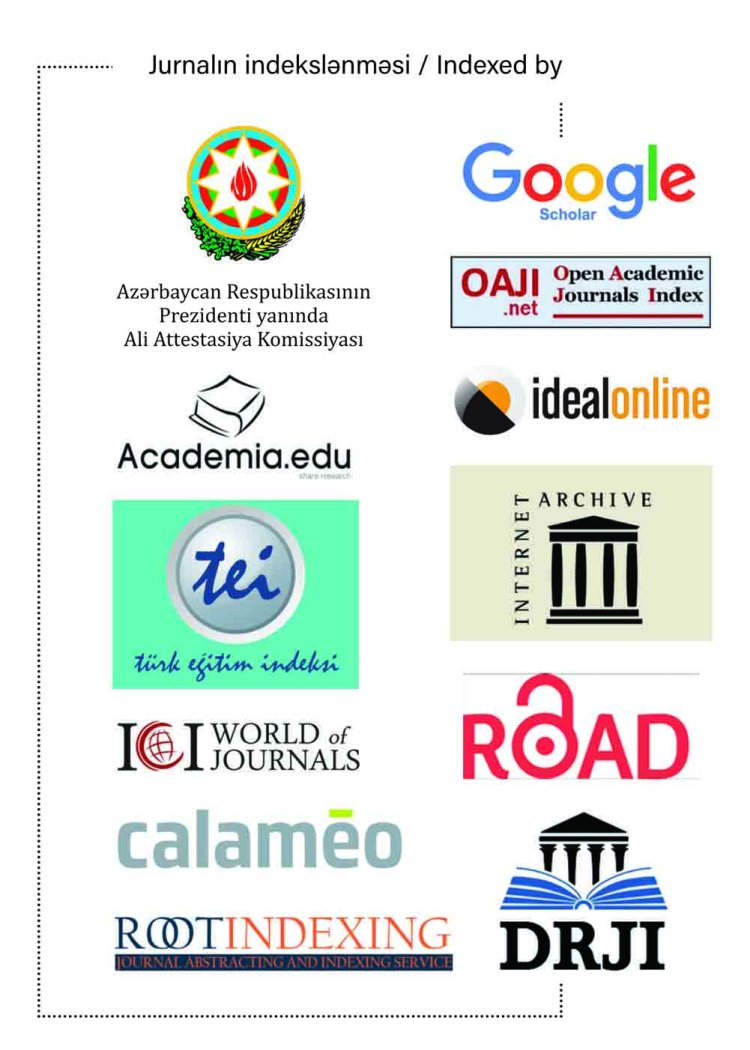COMPARATIVE ANALYSIS OF ADDITIONAL EDUCATION IN THE REPUBLIC OF AZERBAIJAN AND THE RUSSIAN FEDERATION
As knowledge and information change rapidly in a globalising world, education once acquired cannot ensure a person's development
throughout his or her life. Much of the knowledge acquired in even the most advanced education system loses its relevance some time
after the educational process has been completed. In our time, science and technology are developing at such a pace that, on average,
approximately 30 percent of knowledge becomes obsolete each year, and already in a few years the content of professions and qualifications does not keep pace with the development and the need to update it arises. For active participation in the economic, social, cultural and political life of society, it becomes necessary to demand professional knowledge and skills of every person, to dynamically renew, enrich and bring his personal qualities in quantitative and qualitative terms in line with the requirements of the time. The experience of various countries shows that as society develops, the demand for education also increases, and in such circumstances, additional education becomes a goal on the one hand, and an object of activity on the other.




